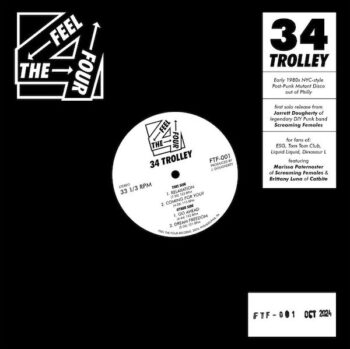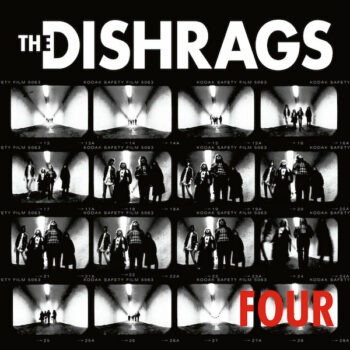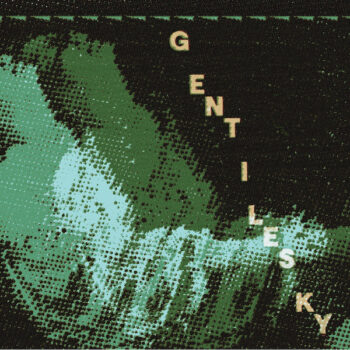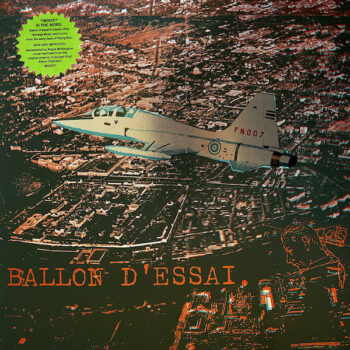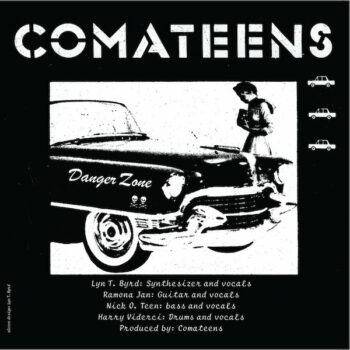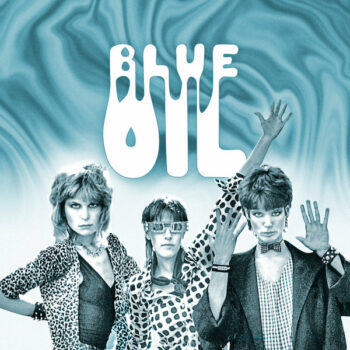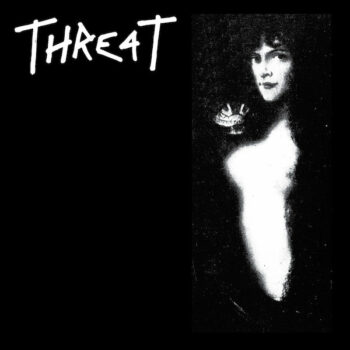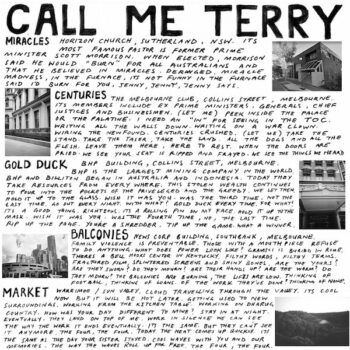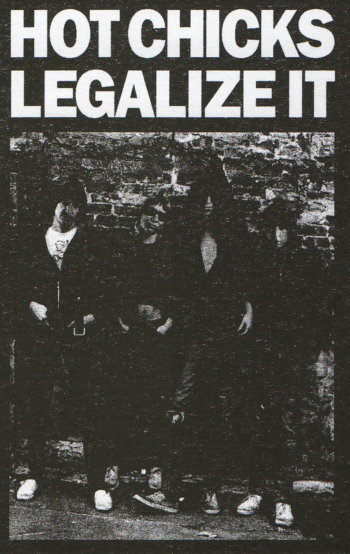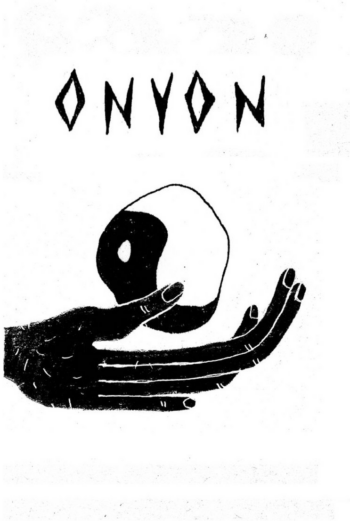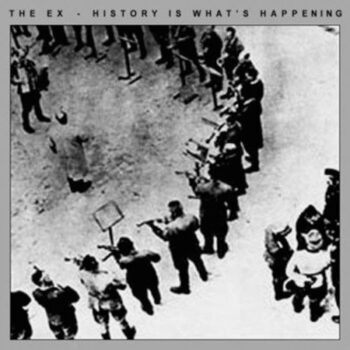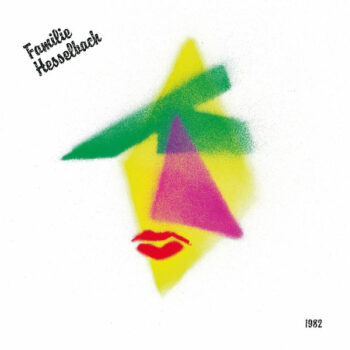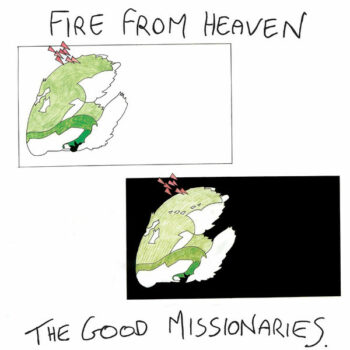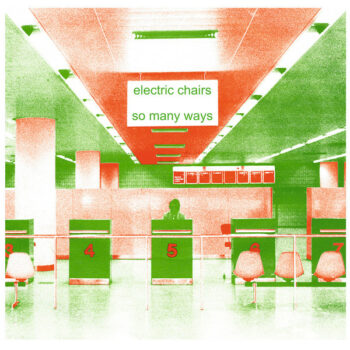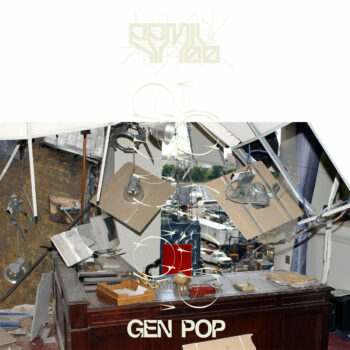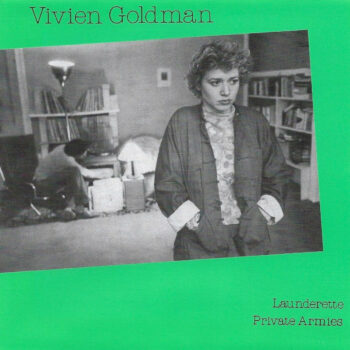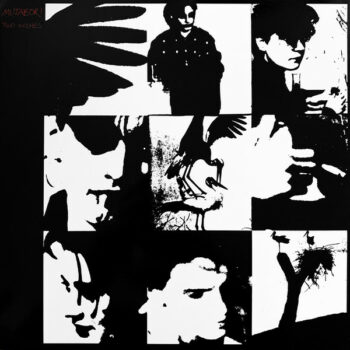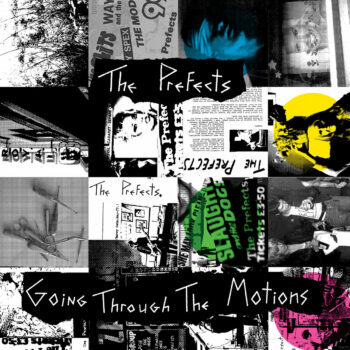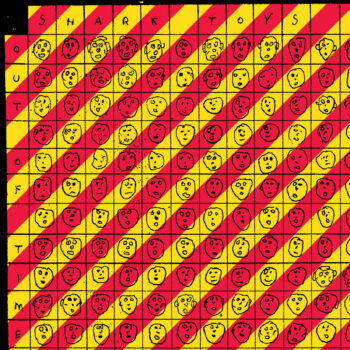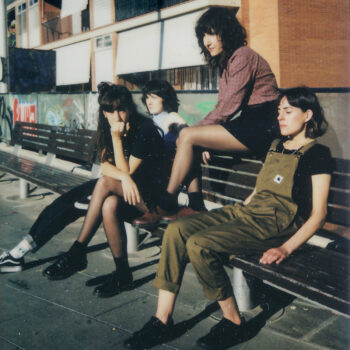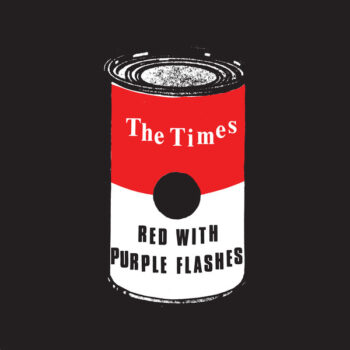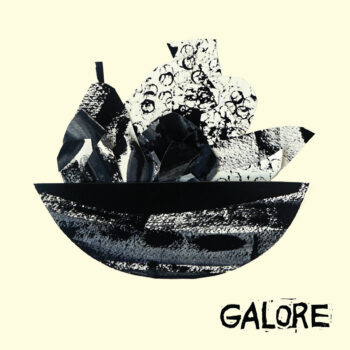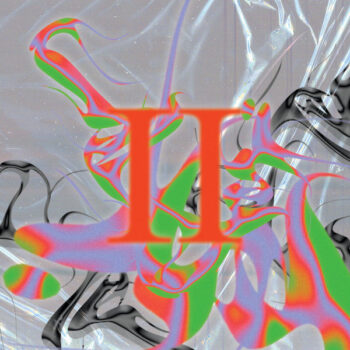
Casual Hex Zig Zag Lady Illusion II LP
CASUAL HEX just might be the last band standing from Seattle’s mid-to-late 2010s DIY post-punk boom, where, alongside similarly-minded outfits like NAIL POLISH and VATS, they pushed back against the city’s rapid gentrification and tech hellscape wealth disparity (instigated by Amazon, Microsoft, et al.) with an appropriately sharp and panicked sound. It’s been seven years since their last record (2018’s Zig Zag Lady Illusion LP), and they’re not exactly a Seattle band anymore (guitarist/vocalist Erica Miller is now based in Portland), but the more things change, the more they stay the same—the trio’s recurring lyrical themes of devalued labor, mindless consumption, social engineering, and the corrupting effects of power are all still firmly in check here (and as relevant as ever), with an instrumental backing that’s just as scathing. Opener “The System” cuts right to the chase, with exacting stop/start beats, needling six-string scree, and Miller’s perfectly-in-control deadpan giving voice to the sorts of internal monologues that should be shared by anyone actually living in reality (“The system, we feed / Has no belief”). The frigid clang of “Letters & Numbers” picks up the screwdriver baton passed on from Confusion is Sex-era SONIC YOUTH, and the sparse, spring-loaded bass bounce launching the standout “Like a Product” signals toward 99 Records-style no wave danceability, while the ensuing claustrophobic crush of piercing guitar pulls from the most caustic side of genre—think Glenn Branca-helmed projects like the STATIC and THEORETICAL GIRLS, or the art-noise meltdowns of INTERFERENCE. No illusion, this is frighteningly real.









